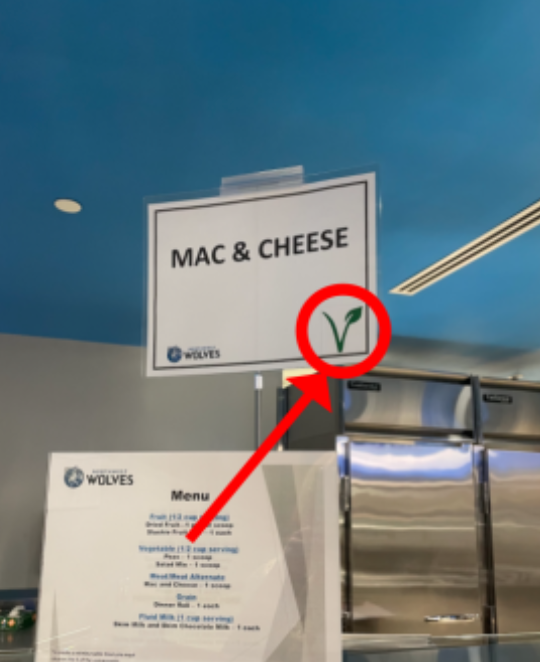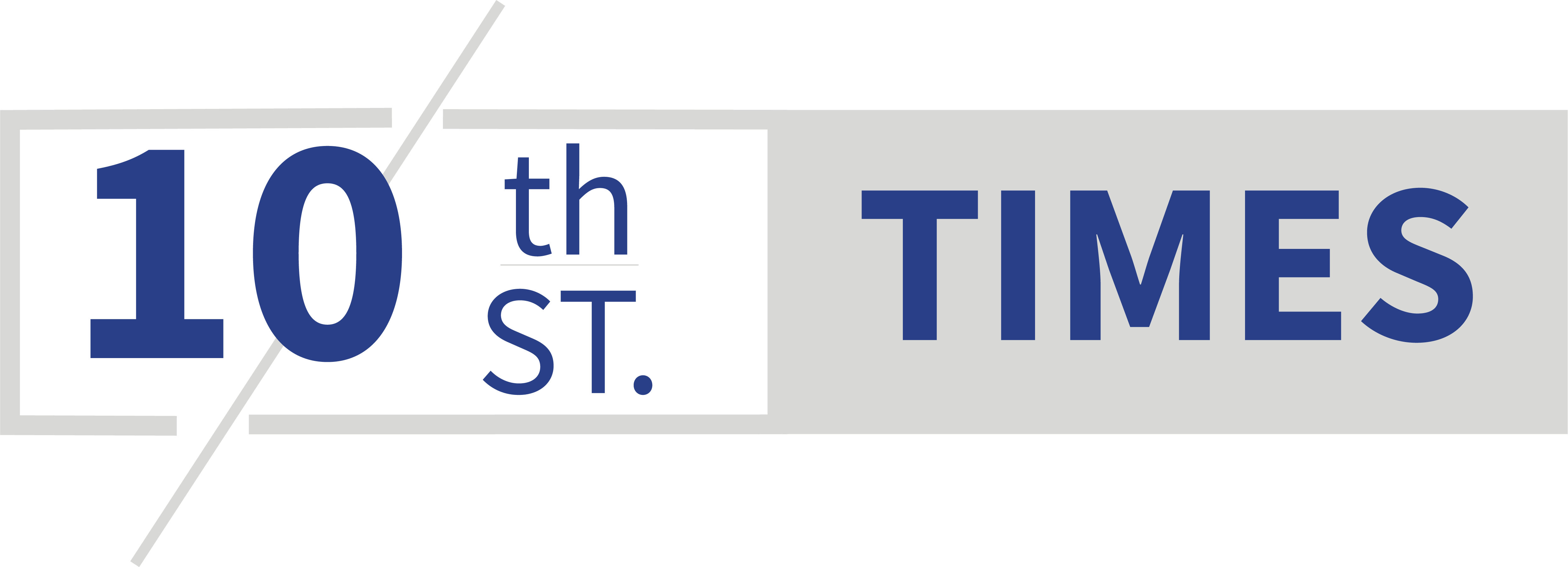Northwest Lunchroom and Dietary Restrictions
Share this story

Northwest High School has a wide variety of students and therefore needs to accommodate many different dietary needs, the most common of which are lactose and gluten sensitivities and vegetarianism. The Northwest High School kitchen does a lot to accommodate different dietary needs. However, some students feel that school lunches do not meet all their needs.
Nutrition standards set by the National School Lunch Program administered through the United States Department of Agriculture dictate serving sizes provided to students. These standards are set for the average high school teenager’s nutritional needs based on the Dietary Guidelines for Americans, meaning every student gets the same portion sizes. Students can take larger portions if they want more food, but it will charge more to their account because extra portions count as a la carte items. This can be a problem for athletes and students who are physically active outside of school since they need more protein and calories in their diet.
Senior Jessi Wigham is a competitive swimmer at Northwest High School. She trains in the pool for hours at a time and needs meals that can sustain her body after such rigorous physical activity. Wigham faces another hurdle regarding her nutrition because she is also gluten-free. Wigham stated, “[School-provided lunches] are not going to give me the nutrition I need, or the calories I need.”
Finding a meal with enough protein can also be a struggle for students who are vegetarian or vegan. While vegetarianism and veganism are not considered dietary accommodations under the Americans with Disabilities Act definition, the Nutrition Department tries to accommodate students who do not eat meat. This past spring, the district made an intentional effort to have a hot vegetarian option each day, along with a salad bar.
“Offering protein alternatives continues to be a challenge, but we are working to determine what students are interested in having on their trays,” stated Registered Dietitian Kaitlyn Scheuermann.
While the kitchen provides numerous options, some students feel like they struggle to find options and variety in their meals. Senior Chelsea Koech, who is vegetarian, stated, “Going to lunch and knowing that maybe today I won’t have an option [I like] sucks.” One way the school tries to supply meat-free options is with protein alternatives, like beans. However, this is challenging because there is not a very high student demand for protein replacements.
Scheuermann stated, “It’s hard to justify putting [protein alternatives] out, and spending the cost on it, and seeing it end up in the garbage because no one is taking it.” The school lunch menu can be modified, but only if there is enough student demand to support the meal changes. The Nutrition Department is always open to student feedback and data. Scheuermann stated, “We want to hear student voice and give options in a way that makes sense for students and our department.”
Students who are in need of dietary accommodations for medical reasons can always submit paperwork to the District Nutrition Department if they have a medical need that must be accommodated. Additional information and the necessary forms can be found here.

*Since the original printing of this article, the Northwest High School Cafeteria has added signs to the cafeteria to call attention to what options are vegetarian.*
